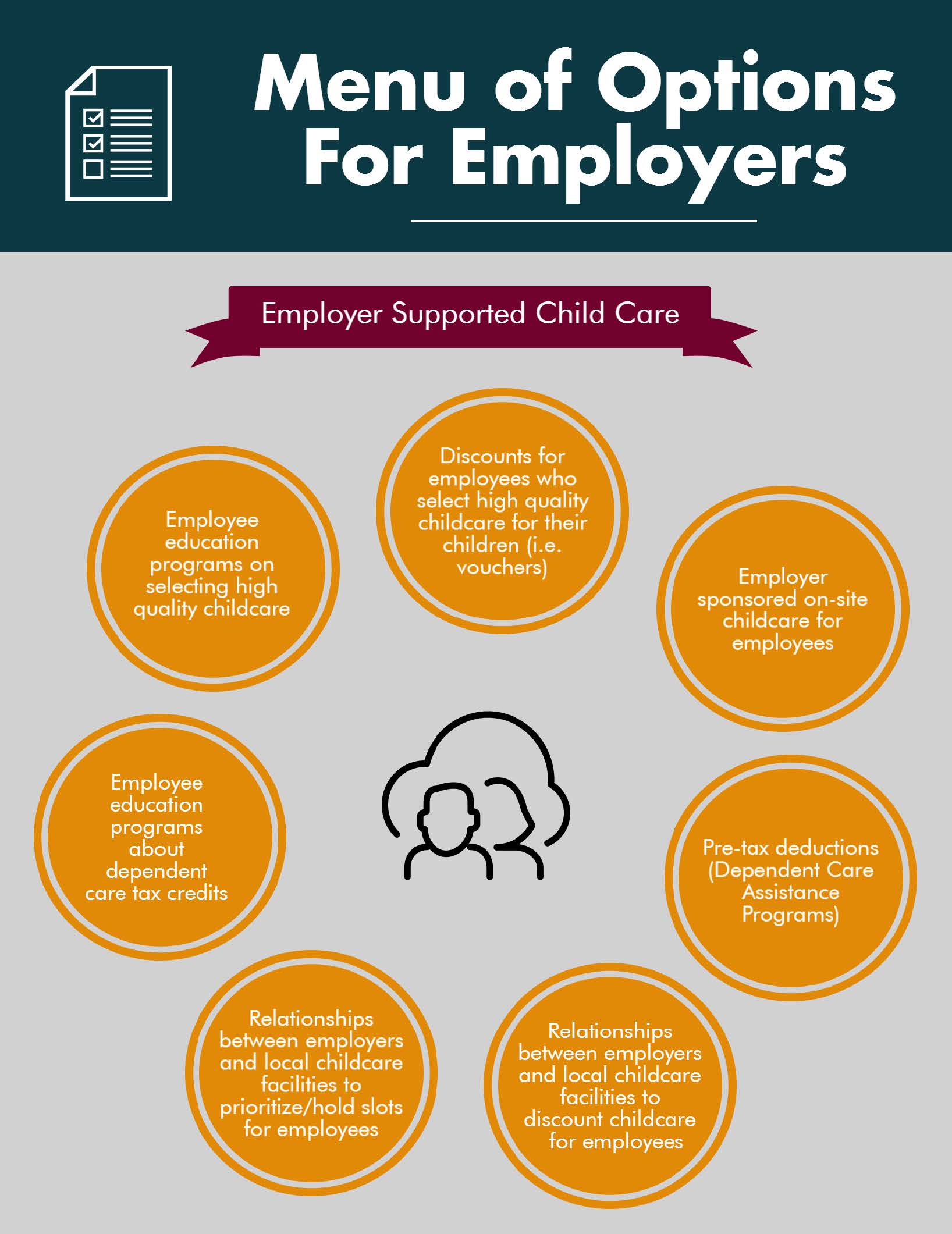Blog

- Details
By Amy Friedlander
The K-12 education system requires principal certification. In Pennsylvania, early childhood education (ECE) licensing requirements specify the educational attainment of directors. Nearly a decade ago the Keystone STARS quality rating and improvement system created a Pennsylvania Director Credential. Offered at undergraduate and graduate levels, this three-course, 9 credit credential is currently being revamped. This blog raises questions and offers suggestions regarding how that credential might be modified in light of 1) the differences and similarities of the principal and ECE director roles; 2) the educational requirements of the roles; and, 3) the educational requirements of the teachers that they lead.
Like schools, ECE centers vary in terms of legal status (for-profit vs. non-profit, charter, public, private or parochial), structure (single vs. multi-site), ages of students taught, and philosophy (Montessori, distance learning, project based). These variances trigger differences in job functions and confound the notion of a single set of skills, education, and experience as ideal preparation for the position of ECE director. For instance, an ECE director that works for a for-profit company that operates several ECE centers may benefit from centralized supports and infrastructure. An owner/director of a stand-alone for-profit ECE center is responsible for all the leadership, management, and administration – including teacher coaching and supervision, marketing, technology, human resources, facilities and security, payroll, and finance.

- Details
Are you an employer looking for ways to boost productivity and staff loyalty in your workplace?
Last December, the Research & Evaluation Group at Public Health Management Corporation published a report as the result of research performed by the Employer-Supported Child Care (ESCC) Project. The ESCC Project was convened with the generous support of the William Penn Foundation to identify and promulgate effective practices and financial strategies for employers to support their employees’ early care and education needs, while at the same time strengthening their own bottom lines. The Project team engaged in a number of data collection and reporting activities to develop an understanding of current practices relating to employer-funded models of care across the country and to determine the current landscape in Philadelphia, including employee and employer interest and need. Employer-Supported Child Care Options for Philadelphia presents a range ESCC options available to employers as well as the costs and benefits associated with each option.
CLICK HERE to read the full report, if you want to dig deeper and see the research behind the report.

- Details
For more than a year, institutions of higher education, training organizations, and early childhood teachers and directors in the Philadelphia region have been engaged in conversation and collaboration around the topic of early childhood teacher preparation. This paper, an outgrowth of this collaboration, focuses on a national credential called the Child Development Associate® (CDA) Credential. It presents information on how local CDA programs differ and suggests how the CDA relates to current and potential educational opportunities as early childhood teachers pursue higher education degrees.
READ MORE about how CDA programs are delivered, the challenges students face and the promising practices presented by these programs.

- Details
By Melissa Dahlin
Philadelphia’s pre-k program, PHLpreK, identifies parental engagement and a transition plan for kindergarten as one of the markers of a quality pre-k program. From a practical standpoint, this makes sense–after all, families are the constant as their child moves through formal and non-formal learning settings. Engaging them as partners in their child’s education and preparing them for subsequent grade levels supports continuity.
Research supports the importance of family engagement, with findings indicating that it does indeed hold benefits for children across multiple domains. The Robert Wood Johnson Foundation report Parent Engagement Practices Improves Outcomes for Preschool Children concluded that:
· Programs that promote positive parenting practices and parent-child relationships can reduce behavioral problems.
· Promoting home learning activities and effective teaching strategies can foster early learning.
· Strengthening parent-teacher partnerships can boost academic and social-emotional skill development.
· Emphasizing a child's physical health can aid healthy overall development.
READ MORE about how policy, contextualized to Philadelphia, can promote strong family engagement across programs and how programs can implement strategies to put family engagement policies into practice.
Sign Up for Our Mailing List
If you'd like to be notified when we have upcoming releases or events, please subscribe to our email list.
* indicates required